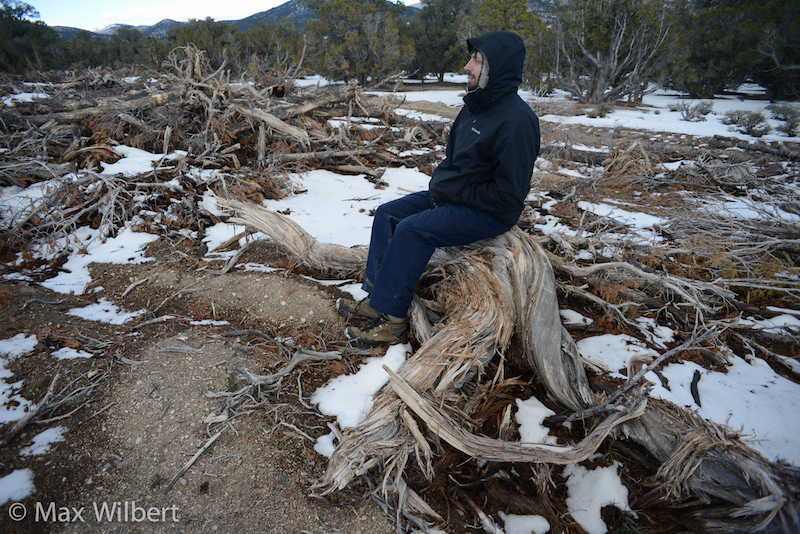First, there’s wind kissing your breast, chills chapping your lips, and frost on your sleeping bag before dawn. First, there’s salmon swimming upstream, heron stalking blue-gill, and grizzly bear brothers wrestling. First, there’s nimble, clean water chasing over pebbles, ice cracking in the warmth of Spring, and sand dragging over desert floors.
First, there’s the world. Then, there’s poetry.
For what is poetry without the voice and what is the voice if not for the world that makes the voice possible? There is no poetry without wind forming the breath, without land to grow food forming the tongue, and without water keeping the poet’s mouth wet when she speaks.
The natural world speaks the original languages in many voices. Lyricism exists in November’s first flakes finding still waters on a pond’s face. Ancient syllables are formed by old-growth forests telling their stories in the passing of seasons. The oceans’ eternal rhythms are the music creating life.
Many of these voices are forgotten. Some have fallen into the silent night of total extinction. Some are drowned out by the screaming hallucinations we call “civilized life.” Others have their vocal cords cut with chainsaws, damaged by bulldozers, and stopped with asphalt. It is, after all, much easier to destroy those who cannot speak.
There was a time when most humans didn’t feel the need for the written word. It was a time where we recognized the primacy of the natural world and the cyclical nature of reality. Everything that happened had already happened and would happen again. So, we lacked this anxious urge to record it all.
But, then crops were planted, food stored, walls built, and the first writing came in the form of slave logs and grain records. How else would masters know what they had if they didn’t write it all down?
There are – and have always been – cultures without written systems of language. It just so happens that these cultures have often resisted the planters, slavers, and wall-builders who come for their land. In many instances, those who resist are forced to use the arms used and invented by those who seek to dominate.
Poetry is a tool to be used in resistance. For those of us who have forgotten, poetry leads us back to our natural heritage. Poetry teaches us to listen to a world filled with voices.
The natural world speaks. My poems are what I have heard.
